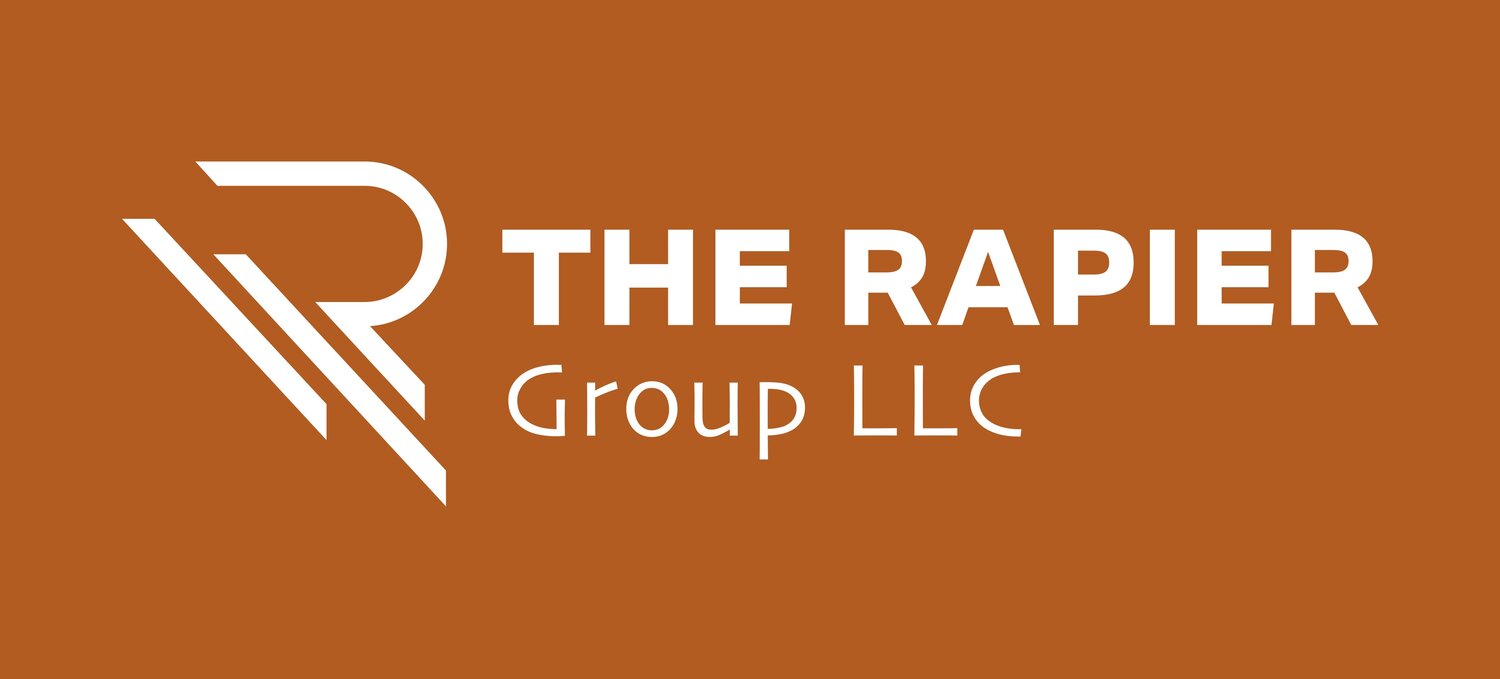AI – Revolution or Evolution?
Photo by Eugene Zhyvchik on Unsplash
Today's second topic is "Streaming is at a Tipping Point."
Word Count: About 1,600 words, with an approximate reading time of 6 to 8 minutes. Please share your thoughts in the comments.
Please be kind and follow and subscribe to this newsletter on either LinkedIn or Medium.
My website's recommended reading page has links to purchase the books discussed in this and previous newsletters.
Generative AI is in a hype cycle. The possibilities are seemingly endless, but the technology is in its infancy. Predicting the future requires an understanding of the past. Artificial Intelligence is not as new as it appears.
The beginnings of AI can be traced back to the 1950s. Allen Turing envisioned thinking machines that could go beyond their original programming. He created the Turing Test to determine whether a machine could think like a human. In 1956, a group of researchers met at Dartmouth, and the term "artificial intelligence" was introduced.
Early AI efforts in the 1960s focused on rules-based systems and symbolic reasoning. (All men are mortal. Socrates is a man. Therefore, Socrates is mortal. (A = C; B = A → B = C). Given the technology at the time, these efforts faced major challenges, and little progress was made.
The Expert Systems movement began in the 1970s. Expert systems are human-coded platforms. Developers code the rules, knowledge base, and inference engines. The challenges encountered were how to capture enough expert knowledge, code it into the system, and write the inference engines to apply the correct pattern recognition.
When the knowledge base problem could not be easily overcome, the focus shifted to machine learning and neural networks. This led to successes like IBM's Deep Blue, which chess and defeated Gary Kasparov in 1997. This was possible because chess has rules, outside factors cannot affect the game, and the moves from thousands of grand master matches were entered into the knowledge. Through sheer computing power, Deep Blue would examine the entire library, match the relevant patterns, and select the optimal move in just a few seconds.
Deep Learning and Natural Language Processing are enabling generative AI to make quantum leaps. New capabilities enable ChatGPT and other engines to do two things. They can examine vast amounts of structured and unstructured data in less than a minute. The engines can also extrapolate new rules based on the data to create more patterns.
The challenge remains pattern recognition. The more rules-based and less variability, the more effective AI can be. Chess is an excellent example of full AI. Self-driving cars are at the next level. We can code in all of the traffic laws and bring in camera and radar data. But this information is incomplete. Weather, detours, overall traffic conditions, and the unpredictable behavior of other drivers are barriers to genuinely autonomous driving.
The less structure, the greater the AI challenge. I believe that generative AI will be as transformative as smartphones. It took several years for the first smartphone to become an essential part of daily life.
The greatest risk is not machines taking over the world. The greatest risk is relying on AI results without fact-checking or critical thinking.
Related Articles
AI & Universities (Bond Capital)
What Happened With Expert Systems? (Medium)
How generative AI could reinvent what it means to play (MIT Technology Review)
The History of AI: A Timeline of Artificial Intelligence (Coursera)
What Is the Turing Test? (Built In)
I Do Not Fear the Rise of the Machines; I am Afraid of a Descent into Idiocracy. (Mark Rapier)
The Era of the Mathematician Has Arrived (Medium)
Streaming is at a Tipping Point.
This article from Stat Significant talks about programming demands that drove and continue to drive the industry.
For the first several decades, TV viewing options were limited to a handful of channels. Then came cable, and the number of channels exploded. At the beginning of the cable era, non-broadcast channels relied on syndicated reruns, old movies, and sports. Specialty channels like CNN and ESPN quickly followed.
Major studios and networks began creating new cable channels targeted to specific demographics. New programming was quickly included. This model worked because all of the channels were part of bundles that cable providers sold to viewers. You could not pick and choose channels. If you wanted channel A, you also received B, C, D, and E. Fees were paid to each channel whether you watched them or not.
Fast forward to the early 2000s, and streaming services began to emerge. As the internet speed and performance improved, YouTube and Netflix started streaming content. As popularity improved, more services emerged. As is typical with new eras, many jumped into the market. As more providers joined, the ability for any of them to make money declined.
We are at a tipping point. If you look at the histories of other industries, consolidation is beginning to happen. Advertising is become more common. You will start seeing services underwritten by other companies to increase their value proposition. (We receive MAX through our AT&T wireless plan. Walmart now offers Paramount+ as part of its membership program.)
The economics are driving crazy behavior. MAX decided to take tax write-downs rather than air three movies (Batgirl, Acme vs. Coyote, and Scoob! Holiday Haunt) that were complete and ready for release.
I do agree that there is more interesting programming today. Part of this is the ability of streamers to run shorter seasons that focus on a story arc. (Amazon's Jack Ryan series was four seasons long. The last season was two episodes shorter simply because they did not need more to tell a good story.) Streamers' other advantage is the ability to attract major stars to personal projects. Because the seasons are short and they do not have to start "in the fall," the actors have scheduling flexibility. (Brian Cranston's two seasons of Your Honor are an example.)
I think we will see consolidation and closures to thin out the herd. We will also continue to see ISP and wireless providers offer bundles of streaming services.
Related Articles
Evolution of streaming platforms has shaped society (The Pony Express)
A Brief History of Streaming (InStreamly)
What I'm Up To
I have started working with Dyopath on a fractional basis to assist them in building a dedicated MSP offering to support the private equity market. More to come.
We participated in our neighborhood's Fourth of July parade.
Chips and Salsa: Snack-sized news and posts
No wonder I am getting so much more spam. Machines can create it faster than we can block it.
Google Search Ranks AI Spam Above Original Reporting in News Results (Wired)
Ageism is an unfortunate reality. Many people want to work, but employers will not hire them.
Employers believe this is the age you're too old to hire. This is why they're wrong (Fast Company)
How Part-Time Senior Leaders Can Help Your Business (Harvard Business Review)
Engineers are always changing things. The intentions are good but end up being misunderstood.
Everything You Need to Know About USB Ports and Speeds (Wired)
The Stormtrooper problem is when everyone working on a problem thinks about it similarly. When building a diverse workforce, focus on cognitive diversity first. Usually, that will diversify your team in other areas. Different thinking comes from different backgrounds.
The Stormtrooper Problem (Farnam Street)
Warren Buffett decided that the Bill and Melinda Gates Foundation would not receive any of his fortune after his death. This article says that his children will determine what happens because they are people "whom I trust completely." The author says they were not ready in 2006, but they are now. This is likely true but leaves out another part of the equation. The revelations about Bill Gates and Jeffrey Epstein and Gates's subsequent divorce likely eroded the trust he once had in the foundation.
Decide what is important to you and work toward that objective. That is the definition of success.
Here's Why You Want A Really Boring Job (Medium)
Put your phone down. Then ask yourself what the value of time spent on the phone is instead of other activities.
If you care about someone, show them – and put away your phone (The Guardian)
I believe that each of these nine paradoxes represents a false choice. Depending on the situation, you can be one or the other or both at the same time.
9 Leadership Paradoxes That Can Throw You Off Track (Medium)
We have lived in a couple of HOAs. The one we are in now works as it should. They maintain common areas and enforce design standards. When some of our neighbors get frustrated with the HOA, it usually comes down to their failure to read the documents. They do what they want to do and plead ignorance when called out.
Down with HOAs (Business Insider)
In many ways, the modern economy is passing rural America by.
Thoughts on the impact of French elections.
How France's election shock could shake up its economy (Marketplace)
5 things to know about France's messy election (Politico)
Left Wins But Right Gains After French Elections (Statista)
Quotes
"Admire those who attempt great things, even if they fail."
- Seneca
"Infuse your life with action. Don't wait for it to happen."
- Bradley Whitford
"From what we get, we can make a living; what we give, however, makes a life."
- Arthur Ashe
"Don't ever take a fence down until you know the reason it was put up."
- G. K. Chesterton
You can order The Leader With A Thousand Faces on the Recommended Reading Page of my website.
My goal is to make this newsletter as interesting and valuable as possible. Please share your thoughts and suggestions for improvement. If there are specific topics in leadership you would like me to focus on in future issues, please send them my way.



